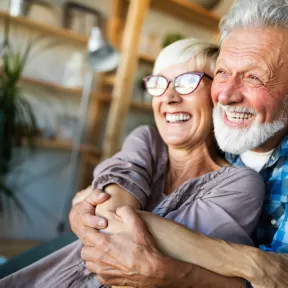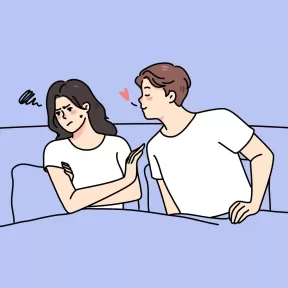Whatever the media and advertising’s role is in driving shape, weight, and appearance, western culture responds. ‘You too can look and feel more beautiful.’ ‘Lose weight and feel great.’ ‘Eliminate the appearance of wrinkles.’ Women and men buy in to media driven hype. We want to be ‘it,’ or have ‘it.’ We enhance (through cosmetics,) transform and tweak (through plastic surgery and facial fillers,) and adorn (through jewelry, clothing, tattoos, hair dye, piercings.)
I am asked routinely about the relationship between self-worth and the products we use or the alterations we make to enhance body image.
I am of the belief, as I tend not to be an “all or nothing” thinker or doer, that the methods available that alter and mold our bodies for the sake of ‘beauty’ and extending youth in order to ‘facilitate’ us fitting more comfortably in a world heavily driven by cultural and social expectations – especially regarding body size and shape – is not bad or an indication of low self-esteem. The corset of the Victorian era, girdles and compression bras during the 20’s and 60’s, push-up bras since the 90’s, were predecessors to the current explosion of surgical breast enhancement, tummy tucks and butt lifts. Men wore toupees before hair replacement.
I am not of the ilk that ascribes to or even thinks it is realistic to reject and not participate in cultural trends – even those trends that may, in the short or longer term, be a waste of money i.e. wrinkle cream. Sometimes we do feel better by putting on lipstick! Some women may want breast enhancement because they had very small breasts and have the option to have bigger breasts and buy bras, for the first time in their life, off the rack. Some women may want breast reduction because they are athletic and their breasts have been uncomfortable. Some men want surgical hair plugs because they are going bald or liposuction on a limited and specific area around their abdomen.
Culture is defined by its people and the media drives culture.
How do we make peace then with the dictates and messages that bombard us without becoming co-opted and corrupted by them? The fact that fashion, diet and plastic surgery are each multi-billion dollar a year industries ought to stir our sense of priorities pot, if not boil it over. Yet, many of us want to have what these industries provide.
article continues after advertisement
I do not support the relentless pursuit of becoming like ‘Barbie’ or dieting in a fruitless attempt to alter one’s natural genetics i.e. inexorable pursuits to change fuller arms and legs to appear like twigs. The only guarantee about dieting is that for the overwhelming majority of people all the weight lost will be regained and additional weight will likely be gained. Metabolism slows in response to caloric restriction, prompting more dieting (yoyo diet syndrome.)
Cultural expectations regarding body size, shape and weight are less local than politics; they are ubiquitous in western culture. Is it wrong to want to fit in to a culture that is demanding, fickle and rapes our pocket books? Must we abandon feminist leanings, organic living or deny the health risks associated with most hair dyes and surgical procedures if we buy in to cultural expectations? Does it make me a hypocrite, a health care provider and eating disorder specialist, if I accept that all these products and services can be supports and enhancements to self-esteem, NOT sources or THE source of self-worth and self-esteem?
There are those who will criticize and look to devalue, but likely these are the folks for whom judgment of others is a natural state of affairs. Criticizing and sometimes making a sport out of picking on other people’s body size and shape, clothes worn, rhinoplasty, boob job or anything else the critical person finds fit to criticize about usually is an indication about that individual’s own insecurity and lack of self-worth. Usually those who look to shame or publicly or socially mock others have been shamed or mocked at some point in their own life. Compassionate people remain compassionate people and see the humanity in others. They tend not to routinely criticize, but rather accept the credo, “To each their own.”
Judgment is necessary; it is how we decide what is right or wrong for us ie. do we like a particular style of clothing or not? What’s the point, however, in criticizing someone else for wearing a style that may not be right for us? People for whom criticism and mean spiritedness is necessary will always be part of life. Not much will likely ever change that. Acceptance of this and not allowing it to personally affect you will bear more fruit than expecting others to change.
article continues after advertisement
Self-worth and self-esteem comprise the infrastructure that starts building from birth. What our caretakers put in to us to make us strong, loving, capable, kind, honorable and compassionate people will last a life-time and help us weather cultural and media bombardment. Media messages about beauty do not give or are responsible for our self-worth. Playing with the toys in our culture that enhance beauty is fun and can indeed help us to a degree feel good or better about ourselves. Keeping it all in perspective is the goal.










